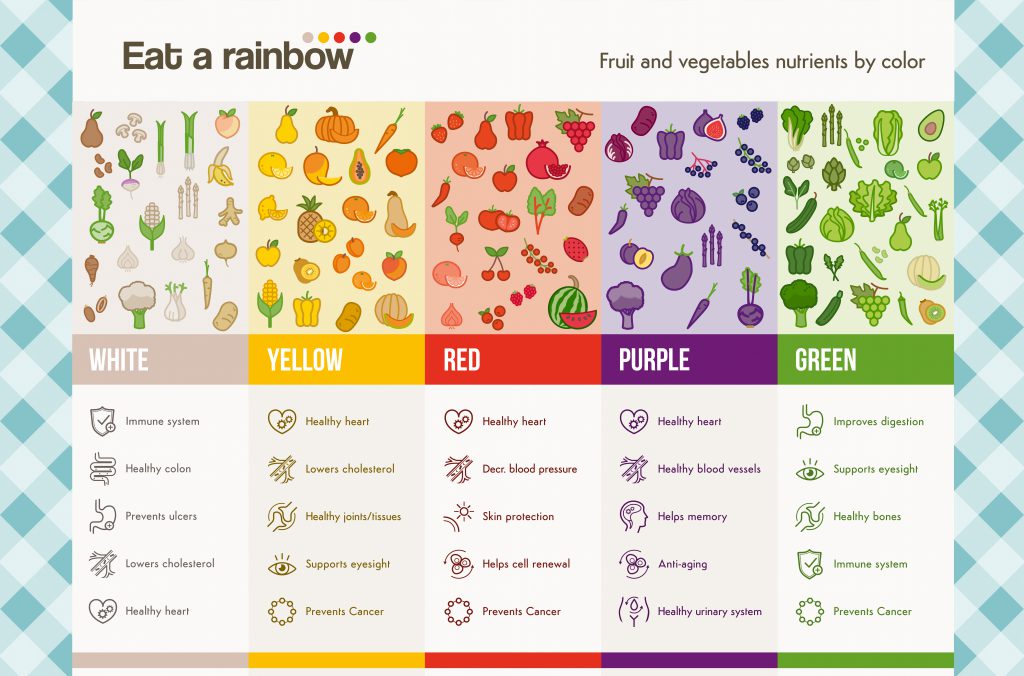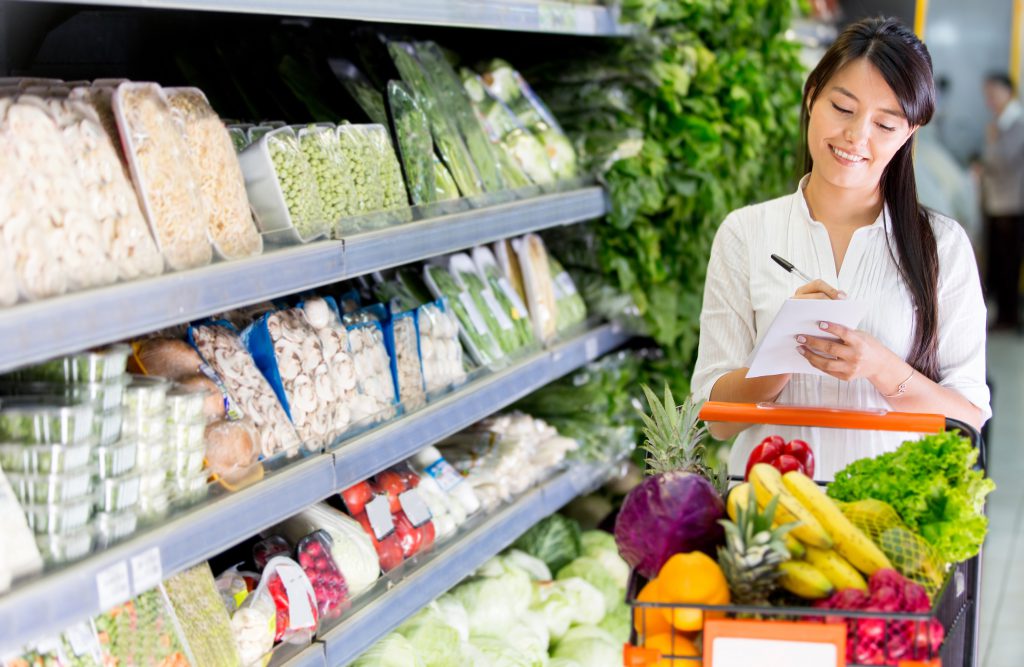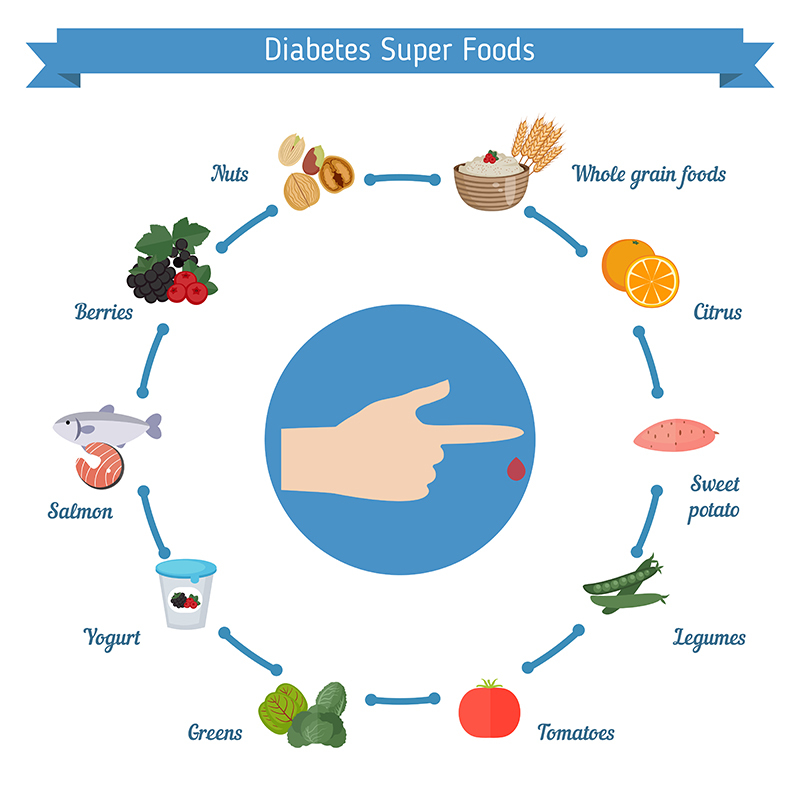Preparing for Ramadan 2020
It’s only a couple of weeks until the month of fasting arrives and we need to prepare for what’s to come. According to multiple Islamic sources, all quoting the Quran, preparing for Ramadan is part of the whole religious experience. Here are a few aspects in our everyday life that we need to look into before we start fasting.
-
Diet

Different people follow different diets depending on what works for them or in some cases, what doesn’t. Ramadan is the perfect time to try different foods and creating diets that work with you. Going for healthier alternatives of our favorite foods, or simply rationalizing the amount of food consumed in one meal can really make a huge impact on the way you feel. Try to add more greens and fibers to your diet.
Ideally you should break your fast with 3 dates and a cup of water or yogurt drink (laban). Then take a breather, perhaps pray Maghreb. Then have a salad or a soup, vegetables can give your body a great antioxidant boost before you start consuming heavier food. At this point you have had most of the essential nutrients your body needs to sustain itself. If you still feel hungry, use the serving spoons to rationalize your food. Get a serving spoonful of whatever you want to eat and try to eat it slowly.
Remember, when you over indulge in food, it can cause an array of issues, including heartburn, shortness of breath, and lack of energy. With a night filled with prayers, you definitely don’t want to be suffering from any of these. Make sure that you drink plenty of water when you can, as the heat can cause dehydration.
-
Shopping

This tip is applicable at any day during the entire year, not just Ramadan. Never go grocery shopping when you’re hungry! It will make you over-consume on things that you don’t really need. Even if you have control over what you eat, you can still want to sneak in a little chocolate or a biscuit, just to treat yourself.
As a general rule, make sure that you do your shopping after you break your fast, that way you can get what you really need and plan ahead. Which will in turn give you more time to focus on other things later. If you are unable to do your shopping late, then write up a shopping list and stick to a time frame. For example, you need milk and eggs for a cake, just write those ingredients down on a paper, and time yourself to be in and out of the store within 10 minutes. This will motivate you to not wander off and get more things that you don’t need.
-
Diabetics

If you’re a diabetic and wish to fast Ramadan, then make sure that you know a couple of things first.
- Make sure that you test your blood sugar levels, especially the first week to ensure that fasting isn’t harming you. (testing doesn’t break your fast)
- Always make sure you have glucose tablets or sugary foods to avoid low blood sugar levels.
- Delay your suhoor and eat more protein to make sure your blood sugar doesn’t drop while fasting.
- Do not sleep for long hours before having a meal
- Do not exercise heavily while fasting
- **Talk to your **doctorabout fasting and adjusting medications.
- Do not fast without doctor’s permission if you take insulin shots.
- Drink plenty of water.
- Check the Qatar Diabetes Association’s Ramadan Hotline for more information!
-
Exercise

A lot of us can handle exercising in Ramadan, even while fasting. However, remember that heavy physical movement can cause you to sweat, which makes you lose moisture from your body, making you very thirsty and dehydrated. The ideal times to work out are: early morning to kick start your body without food; right before you break your fast, it can be a 30-minute cardio workout; or between breaking your fast and suhoor.
Remember, when you exercise on an empty stomach it can cause a few issues, like dehydration, exhaustion, difficulty in breathing, low blood sugar levels. However, it can also be beneficial for those who are trying to lose weight. When you work out on an empty stomach, you are burning off calories and the fat stored. When you instead exercise after you eat, you are essentially burning the calories that you just ate and not getting to the fat already stored.
For those who don’t exercise, this can be a great time to **start dedicating some time to yourself.
Let us Take Care of Your Health.
Get FREE health tips, medical advice, lifestyle hacks and the latest news delivered straight to your inbox!